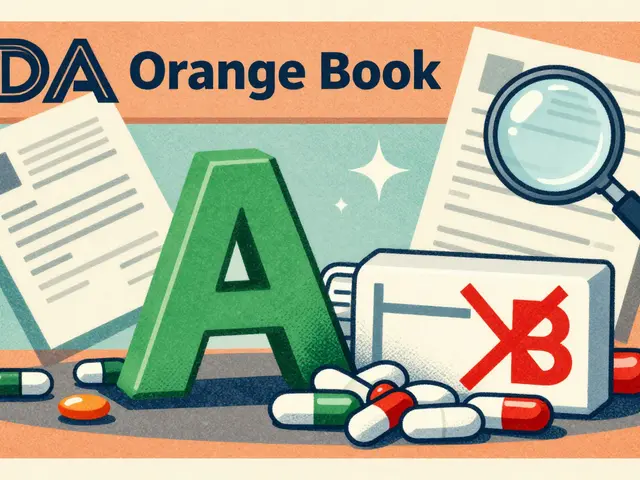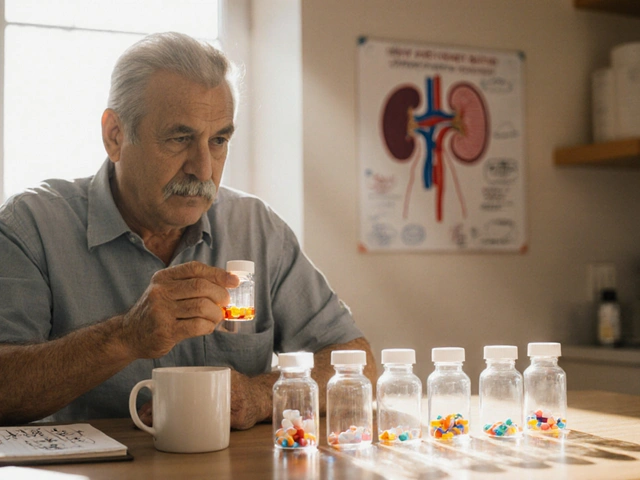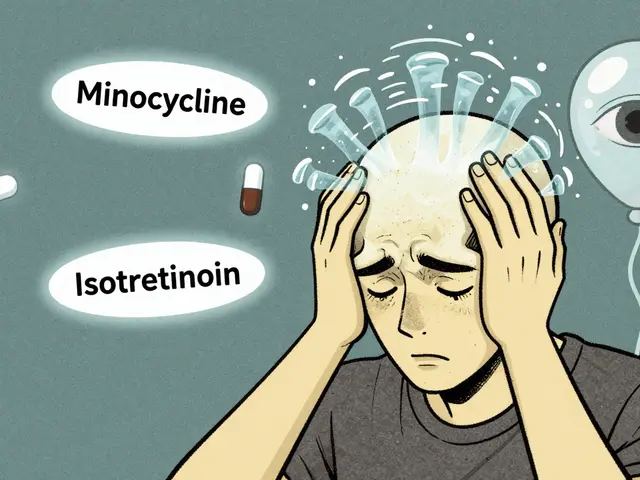Medical Misinformation: Spotting False Health Claims and Staying Safe
When you hear that medical misinformation, false or misleading health claims presented as facts. Also known as health scams, it can cost you time, money, and even your life. It’s not just about wild internet rumors—some of it comes from well-meaning friends, influencers, or even misleading ads disguised as science. Whether it’s a miracle cure for arthritis, a supplement that "detoxes" your liver, or a claim that vaccines cause autism, medical misinformation thrives when people don’t know how to check the source, question the evidence, or recognize red flags.
It’s not just about pills and potions. drug safety, how medications are tested, approved, and monitored for risks is often twisted to scare people away from proven treatments. For example, some posts claim that metformin causes fatigue because it’s "toxic," ignoring that it’s one of the most studied diabetes drugs ever, with side effects that are usually mild and manageable. Or that herbal teas like chamomile are always safe—when in reality, they can interfere with birth control or blood thinners. pseudoscience, ideas presented as scientific but lacking evidence or peer review hides behind fancy terms like "biohacking," "natural therapy," or "holistic balance," but if it doesn’t come from peer-reviewed studies or regulatory bodies like the FDA or EMA, it’s not reliable.
And then there’s vaccine myths, false claims about how vaccines work, their ingredients, or their risks. These aren’t new, but they spread faster now. You’ll find people saying vaccines cause autoimmune diseases or that they alter your DNA—both are scientifically impossible. Meanwhile, real dangers like mixing sedatives or taking NSAIDs with steroids are rarely discussed, even though they cause thousands of preventable hospitalizations every year. The gap between what’s dangerous and what’s just misunderstood is wide—and that’s where misinformation wins.
You don’t need a medical degree to protect yourself. Start by asking: Who paid for this? Is there a study behind it, or just a testimonial? Does it sound too good to be true? If it claims to cure cancer with a tea or reverse diabetes with a pill you can buy online, walk away. Look for mentions of clinical trials, dosage guidelines, or regulatory approval. If none are there, it’s not science—it’s sales. The posts below don’t just list facts—they show you how real medications work, what the risks actually are, and how to spot when someone’s selling you a myth instead of a solution. You’ll find clear comparisons of drugs like azathioprine and metformin, real talk about herbal interactions, and honest breakdowns of treatments for conditions from lupus to neck pain. No fluff. No hype. Just what you need to know to stay healthy and avoid the traps.

- Nov 16, 2025
- Posted by Cillian Osterfield
How to Recognize Unsafe Medication Advice on Social Media
Learn how to spot dangerous medication advice on social media before it harms you or someone you love. Real signs of scams, how algorithms trick you, and what to do instead.
Categories
- Health and Wellness (72)
- Medications (69)
- Health and Medicine (28)
- Pharmacy Services (12)
- Mental Health (9)
- Health and Career (2)
- Medical Research (2)
- Business and Finance (2)
- Health Information (2)
Latest Posts
©2026 heydoctor.su. All rights reserved





